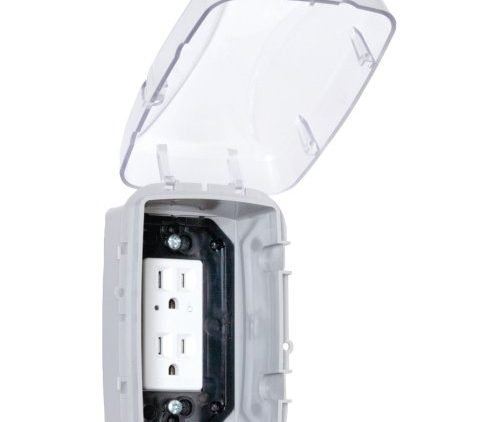Five Most Common Electrical Dangers at Home
Every holiday season typically brings more devices and appliances into your home. Nowadays, people are much more dependent on electricity to power both traditional and modern devices. Unfortunately, this generally increases electrical hazards. If you have an older home, your electrical needs in terms of the existing wiring may be over capacity and unsafe. An electrical safety inspection by a licensed electrical services company is a good idea to ensure the well-being of your family. The following are five common electrical dangers at home that you should keep in mind.
Curious Children
Exploring every nook and cranny of houses, curious young children can easily get into dangerous situations when it comes to electricity. Although parents do their best to watch over their kids, especially babies and toddlers, it is advisable to take safety precautions as well. Any electrical outlet that your child can reach should have a safety cover that will prevent them from inserting objects, especially those that are metallic.
Faulty Wiring
Perhaps the most dangerous of all home electrical hazards is faulty wiring, which increases the possibility of power surges, arcing, and deadly electrical fires. Over time, wires and their insulation will corrode, wear out, crack, or suffer damage. Older homes are especially at a higher risk of electrical accidents. It is critical to ask an electrician to perform an electrical inspection regularly to confirm the safety of the wiring of your home and replace or upgrade electrical wires and their components if necessary.
Light Bulbs
Typically, people do not consider light bulbs as electrical hazards, but they present a significant danger whenever they are located near flammable objects like paper, curtains, drapes, plastics, upholstery, and beds. In addition, lighting can generate electric shocks. You must turn off the switch prior to changing a light bulb. The lighting components must never be worked on when your hands are wet. A light bulb with the correct wattage must be used for an appliance in order to prevent overheating.
Outlets Near Water
Outlets that are located in kitchens, bathrooms, and other areas using water should be installed at a safe distance away from their water sources. Water is a conductor of electricity, and outlets that are safely located will decrease the danger of electric shock, which may cause serious injury or death. This may be common sense, but you must not use a hair dryer, telephone, stereo, or any electrical device while you’re in the bathtub, in or next to a pool, or any area with that has a wet surface.
Water on Electrical Fires
When there is an electrical fire, people often mistakenly pour water on it an attempt to extinguish the flames. Unfortunately, the water only fuels the fire, making it grow in intensity, and the water may cause electrocution for anyone who is in contact with it. As a safety precaution, a fire extinguisher should be kept inside your home in case there is an electrical fire. If a fire extinguisher is not available or inoperable, it is advisable to shut off the electrical power, evacuate your home, and immediately call 911.
Electrical Peace of Mind
Providing professional electricians since 1988 in Maryland, Cook Electric is the company you can rely on for all your electrical service needs, including:
- Commercial & Residential Electrical Installations
- Marina & Residential Pier Wiring
- Electrical Service & Repair
- Specialty Electrical Services
For knowledgeable, fair, honest, reliable, and conscientious service, call Cook Electric today at (410) 266-9040. They will be very glad to help you.

